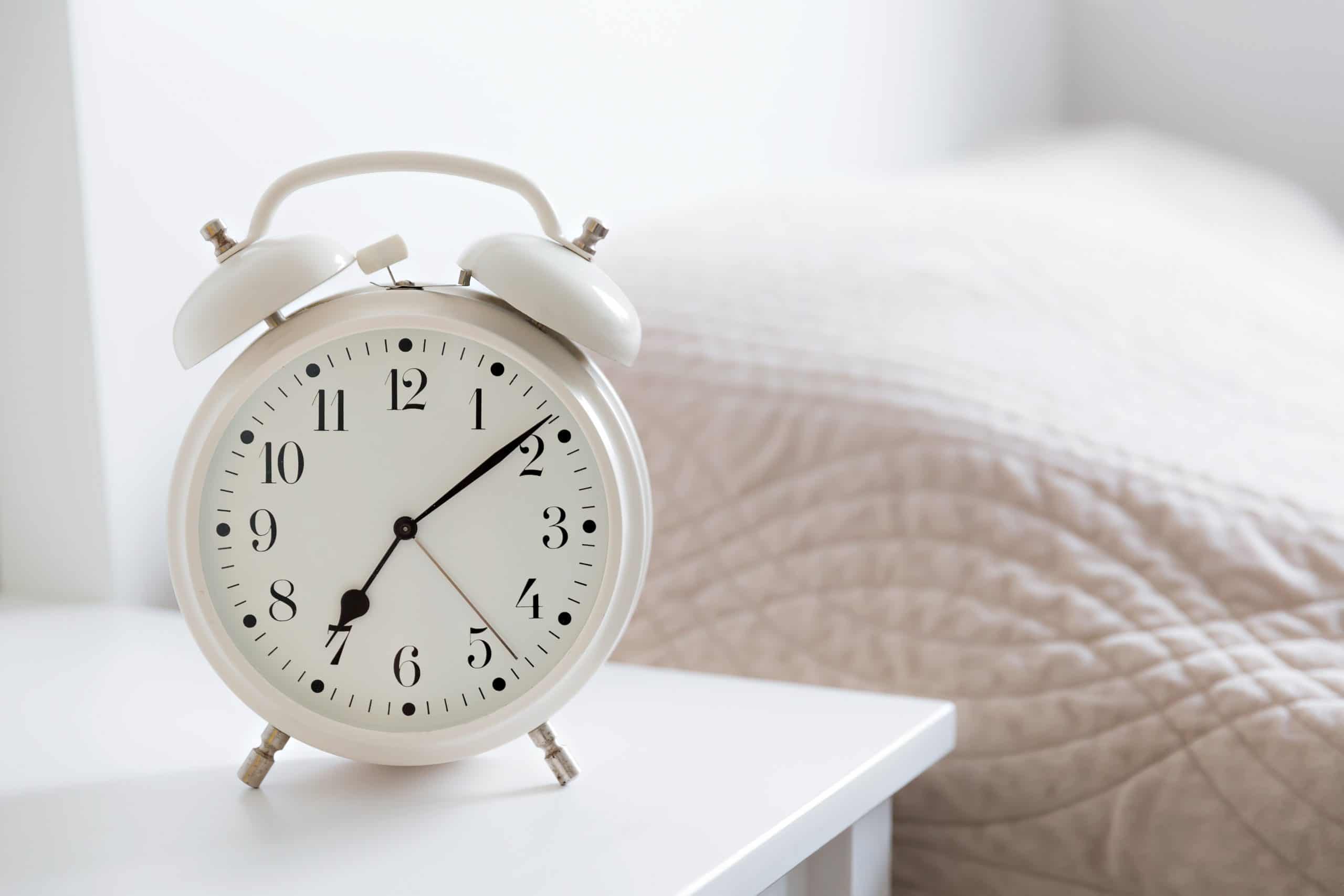Sleep
How Does Sleep Affect Your Heart Health

What health conditions are linked to a lack of sleep?
Adults who sleep less than 7 hours each night are more likely to say they have had health problems, including heart attack, asthma, and depression. Some of these health problems raise the risk for heart disease, heart attack, and stroke.
These health problems include:
- High blood pressure. During normal sleep, your blood pressure goes down. Having sleep problems means your blood pressure stays higher for a longer amount of time. High blood pressure is one of the leading risks for heart disease and stroke. About 75 million Americans—one in three adults—have high blood pressure.
- Type 2 diabetes. Diabetes is a disease that causes sugar to build up in your blood, a condition that can damage your blood vessels. Some studies show that getting enough good sleep may help people improve blood sugar control.
- Lack of sleep can lead to unhealthy weight gain. This is especially true for children and adolescents, who need more sleep than adults. Not getting enough sleep may affect a part of the brain that controls hunger.

Insomnia is trouble falling sleep, staying asleep, or both. As many as one in two adults experiences short-term insomnia at some point, and 1 in 10 may have long-lasting insomnia. Insomnia is linked to high blood pressure and heart disease. Over time, poor sleep can also lead to unhealthy habits that can hurt your heart, including higher stress levels, less motivation to be physically active, and unhealthy food choices.
What can I do to get better sleep?
- Stick to a regular sleep schedule. Go to bed at the same time each night and get up at the same time each morning, including on the weekends.
- Get enough natural light, especially earlier in the day. Try going for a morning or lunchtime walk.
- Get enough physical activity during the day. Try not to exercise within a few hours of bedtime.
- Avoid artificial light, especially within a few hours of bedtime. Use a blue light filter on your computer or smartphone.
- Don’t eat or drink within a few hours of bedtime, especially alcohol and foods high in fat or sugar.
- Keep your bedroom cool, dark, and quiet.
Work with your health care team to identify obstacles to good sleep, including other medical conditions.
Additional Resources on Sleep can be found here:
General info on sleep for Thunder Bay – https://www.northwesthealthline.ca/listServicesDetailed.aspx?id=10757
TBDHU Sleep – https://www.tbdhu.com/don-t-miss-out-on-sleep
